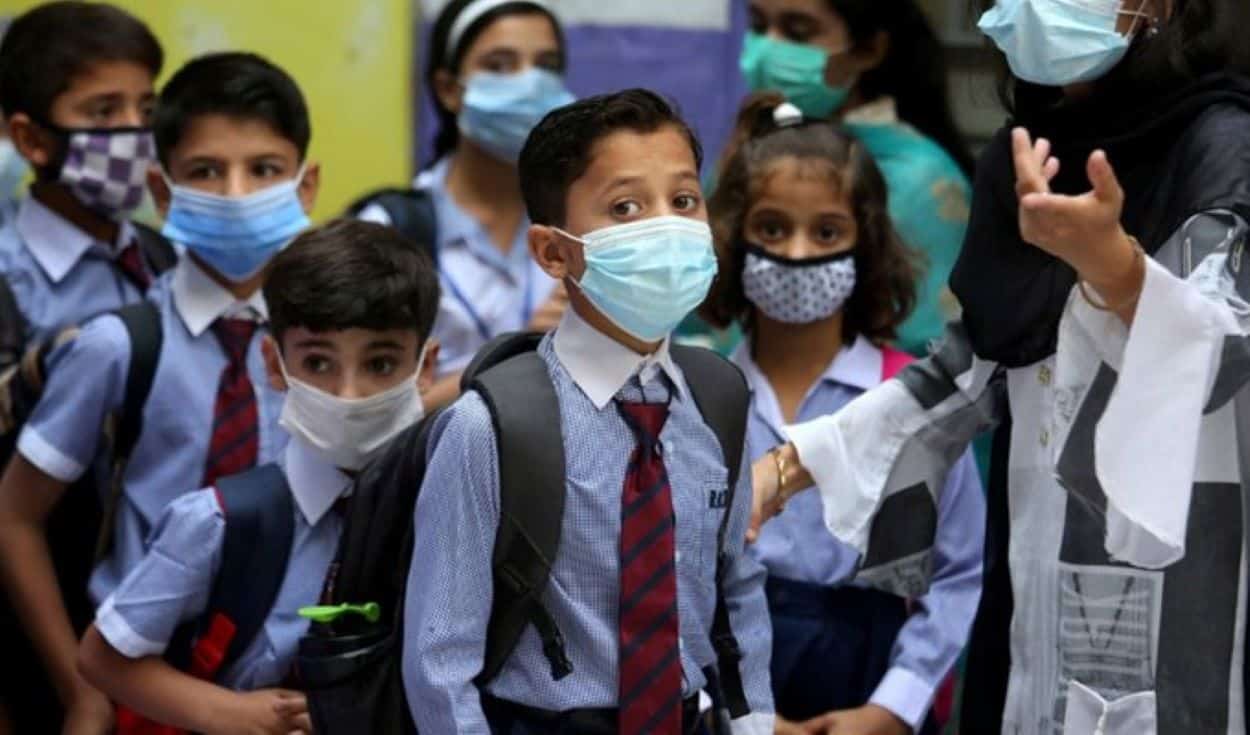In Punjab, smog and various unscheduled holidays have drastically shortened the academic year to 120 days, significantly impacting educational activities.
Environmental and political events have prompted unforeseen closures, compressing the usual academic schedule far below the international standard of 245 instructional days. Smog, political protests, and other public events frequently disrupt the routine educational calendar.
The challenges in implementing effective educational practices underscore the severity of the situation. The Private Schools Association has expressed significant concerns about the impact on crucial educational years. Kashif Javedani, the association’s president, noted that the disruptions are particularly detrimental to students in grades 9 and 10, who face crucial academic milestones. He pointed out the difficulty in maintaining continuity through online classes due to the inability to convene physical classes regularly.
Read: Punjab Government Extends Green Smog Lockdown Measures
Moreover, administrative processes like student admissions also face delays, compounding educational institutions’ challenges. This disruption affects not only the immediate educational outcomes but also the students’ long-term academic and professional trajectories.
Political commentator RA Shehzad criticized the government’s handling of the situation, suggesting that the frequent interruptions in the academic calendar reflect poorly on the administration’s priorities. He argued that while it is reasonable for officials like Maryam Nawaz to travel for health reasons, the accompanying delegation of high-ranking officials, including Maryam Aurangzeb and Uzma Bukhari, was unnecessary and sends a poor message to the public already suffering from educational disruptions.
Read: Lahore Smog Forces Motorway Closures as Pollution Soars
Shehzad emphasized the importance of symbolism in politics, arguing that leadership should demonstrate solidarity with the public, especially during crises, to mitigate political damage and reassure citizens of their support.
This educational crisis in Punjab highlights the need for more robust planning and communication between government bodies and educational institutions to ensure that learning continues effectively despite environmental and political challenges.






